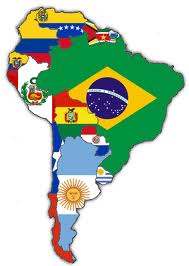Internet Slang: The New Form of Communication
Almost everyone uses the Internet these days. As such, most computer users are more or less familiar with Internet slang and the way that people communicate online. Internet slang refers to words and phrases that are cut short or abbreviated; the slang terms are widely used in social media, chat rooms and other channels on the World Wide Web. Often, these words are used to save time typing – especially in gaming rooms and chat rooms. They are also used in other channels that have character limits, such as Twitter. There are other slang terms, however, that are not abbreviated. Instead, these terms come in the form of altered English words, serving as “in-group language”, defined as a manner of speaking that would make members identifiable to a particular group.
Selfie, Sext & Shizzle
A few years ago, the inclusion of the word “selfie” in the Oxford English Dictionary (OED) came as quite a shock to many people, but if you look closely, you’ll find that there are quite a few words originating in online communication that are now included in our everyday language. For instance, the terms lag and glitch were originally used in the world of gaming. Today, the term lag is used in reference to mobile phones and other gadgets working or responding slowly, while glitch is used to describe malfunctions in computers, programs and applications.
The Oxford English Dictionary
The Oxford English Dictionary is the definitive record of the English language. It prides itself on being a descriptive record of the language rather than prescribing what words mean, as opposed to other records. It is updated four times each year, in the months of March, June, September and December. In the June 2015 update, slang words originating from the Internet, such as sext, shizzle, totes and fap fap fap, were included.
With increasing amounts of our time spent online, it is only natural that slang and terms used in that arena would spill over into everyday language. The inclusion of such words in records of the English language is essential to ensure that our language adapts to our times.


